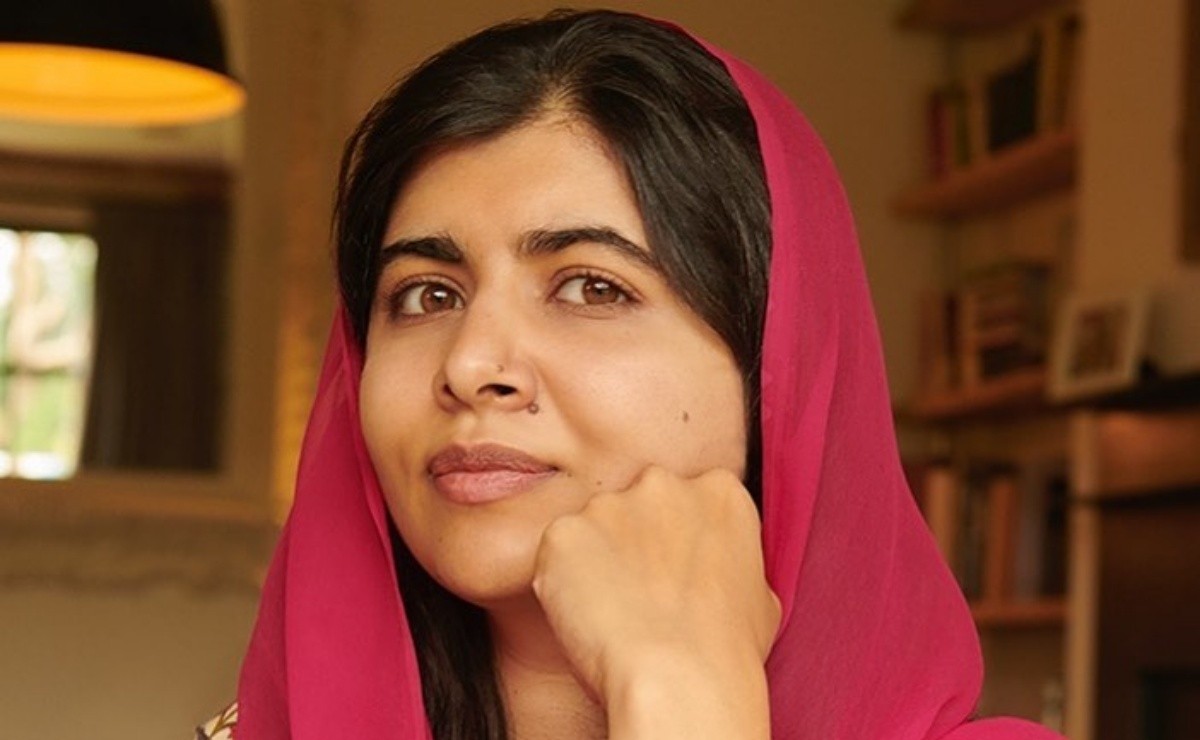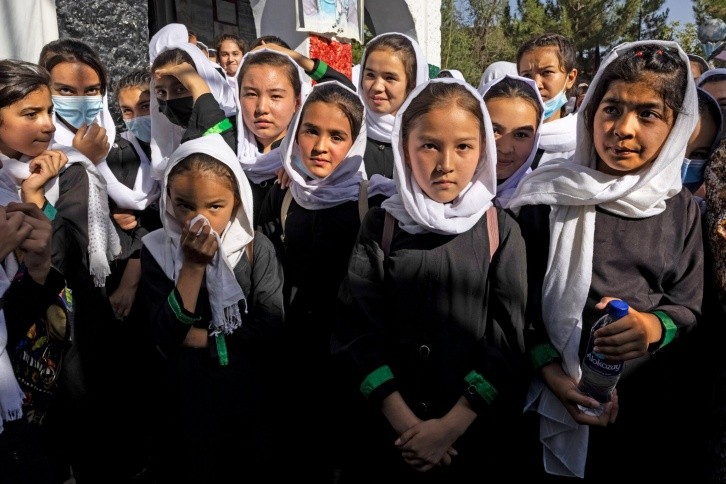
Taliban seize control in Afghanistan, Malala fears women will be banned from studying again and punished
Millions of Afghan women and girls received an education in the past two decades. Now, the future they were promised is dangerously close to disappearing. The Taliban – who while in power twenty years ago prohibited almost all girls and women from attending school and applied draconian punishments to those who defied them – have regained control. Like many women, I fear for my sisters in Afghanistan.
El Times A weekly selection of stories in Spanish that you won’t find anywhere else, with eñes and accents. Get it sent to your inbox.
It is inevitable to think about my childhood. When the Taliban took over my hometown in Pakistan’s Swat Valley in 2007 and soon after banned girls from getting an education, I hid my books under my long thick shawl and walked to school in fear. Five years later, when I was 15, the Taliban tried to kill me for speaking out about my right to go to school.
I also can’t help but feel grateful for my life now. After graduating from college last year and starting my own career, I can’t imagine losing everything and going back to a life defined for me by gunmen.
See this post on Instagram
Afghan girls and young women are back in a situation they’ve been in: desperate at the thought that they won’t be allowed to be in a classroom or hold a book again. Some members of the Taliban have said they will not deny women and girls education or the right to work. But given the Taliban’s record of violently suppressing women’s rights, Afghans’ fears are well founded. We are already hearing reports of students who have been rejected by their universities and workers expelled from their offices.
A 2009 documentary by Adam B. Ellick profiled Malala Yousafzai, a Pakistani girl whose school was shut down by the Taliban. Ms. Yousafzai was shot by a gunman on Oct. 9, 2012.
None of this is new to the people of Afghanistan, who have been trapped for generations in indirect wars of global and regional powers. Children are born for battle. The families have lived for years in refugee camps; Thousands more have fled their homes in recent days.
The Kalashnikov rifles carried by the Taliban are a heavy burden on the Afghan people. Countries that have used Afghans as pawns in their wars of ideology and greed have let them carry that burden alone.
But it is not too late to help the Afghan people, particularly women and children.
Over the past two weeks, I spoke with various advocates for education in Afghanistan about their current situation and what they think is going to happen. (I do not name them here for security reasons). A woman who runs schools for children in rural areas told me that she had lost contact with her teachers and students.

"Normally we work in education, but now we are concentrating on tents," he said. "Thousands of people are fleeing and we need immediate humanitarian aid so that families do not die of hunger or lack of clean water." She echoed a plea I heard from other activists: regional powers must actively help protect women and children. Neighboring countries – China, Iran, Pakistan, Tajikistan and Turkmenistan – must open their doors to fleeing civilians. That will save lives and help stabilize the region. They should also allow refugee children to enroll in local schools and humanitarian organizations to set up temporary learning centers in camps and settlements.
Another activist said that, regarding the future of Afghanistan, he hopes the Taliban will be clear about what they will allow: "It is not enough to say vaguely: ‘girls can go to school.’ We need specific agreements so that girls can finish their education, so that they can study science and mathematics, go to university and join the workforce and dedicate themselves to the job of their choice. Activists I spoke to feared a return to exclusively religious education, which would strip children of the knowledge they need to fulfill their dreams and leave their country without doctors, engineers and scientists in the future.
We will have time to discuss what went wrong in the war in Afghanistan, but at this crucial moment we must listen to the voices of Afghan women and girls. They ask for protection, education and the freedom and future that they were promised. We cannot fail them again. No time to lose.